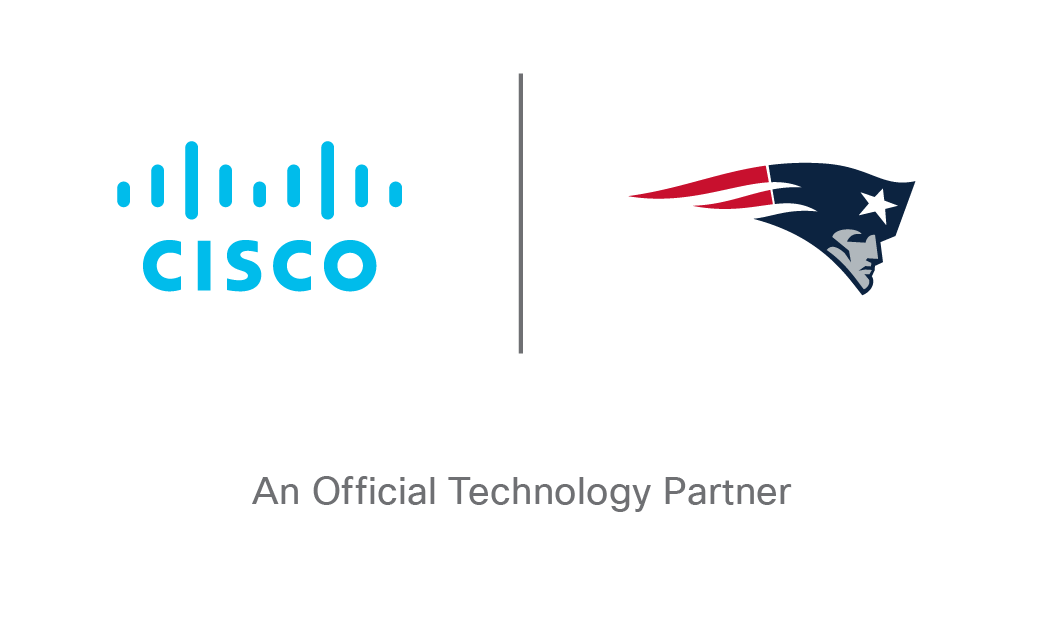SAN JOSE, Calif. – November 4, 2014 – In the fourth annual Cisco® Global Cloud Index (2013 – 2018) issued today, Cisco forecasts continued strong growth of cloud traffic, cloud workloads and cloud storage with private cloud significantly larger than public cloud. Over the next five years, the study projects data center traffic to nearly triple, with cloud representing 76% of total data center traffic. By 2018, half of the world's population* will have residential Internet access, and more than half of those users' (53 percent) content will be supported by personal cloud storage services.
* The world's projected population by 2018 will be 7.6 billion people (source: United Nations).
Key Highlights/Findings:
Global Data Center Traffic
The study predicts that global data center traffic will nearly triple from 2013 to 2018 with a combined annual growth rate (CAGR) of 23% growing from 3.1 zettabytes/year in 2013 to 8.6 zettabytes/year in 2018. A zettabyte is trillion gigabytes.
The 8.6 zettabytes of data center traffic predicted for 2018 is equivalent to streaming all of the movies (approximately 500,000) and television shows (3 million) ever made in ultra-high definition (UHD) 250,000 times.
Global cloud traffic is growing faster than the overall global data center traffic. In 2013, cloud accounted for 54% of total data center traffic, and, by 2018, cloud will account for 76% of total data center traffic.
Data center traffic includes data center-to-user traffic along with data center-to-data center traffic and traffic that remains within data centers.
Consumer Cloud Storage
By 2018, 53% of all residential Internet users globally will use personal cloud storage, and the average consumer cloud storage traffic per user will be 811 megabytes per month by 2018, compared to 186 megabytes per month in 2013.
Private vs. Public Cloud Adoption and Growth
"When people discuss cloud, they often focus on public cloud services or public cloud storage services. However, a very significant majority of today's cloud workloads are actually processed in private cloud environments. Even with public cloud workloads having significant growth, by 2018, almost 70% of cloud workloads will still be private cloud-related, requiring the ability of workloads to bridge across a hybrid private/public cloud environment," said Kelly Ahuja, Cisco, Senior Vice President, Service Provider Business, Products, and Solutions.
By 2018, 69% (113.5 million) of the cloud workloads will be in private cloud data centers, down from 78% (44.2 million) in 2013, and 31% (52 million) of the cloud workloads will be in public cloud data centers, up from 22% (12.7 million) in 2013.
Global Cloud Readiness
The number of countries deemed "cloud ready" continues to grow. Last year (2013), 79 countries met the single advanced application criteria for fixed network; this year (2014), that number grew to 109 countries. Last year (2013), 42 countries met the intermediate single application readiness criteria for mobile networks; this year (2014), that number grew to 52 countries.
To assess cloud readiness, average and median upload/download speeds and latencies were calculated based on global fixed and mobile network speed test analyses.
- Basic Cloud Apps / Network Requirements
Download Speed: Up to 750 kbps; Upload Speed: Up to 250 kbps; Latency: Above 160 ms
Sample consumer basic services: stream basic video/music, text communications, web browsing
Sample business basic services: web conferencing, cloud-based learning management system, VoIP
- Intermediate Cloud Apps / Network Requirements
Download Speed: 751–2,500 kbps; Upload Speed: 251–1,000 kbps; Latency: 159–100 ms
Sample consumer intermediate services: smart home, personal content locker (multimedia), HD video/ music streaming
Sample business intermediate services: ERP/CRM, IP audio conferencing, videoconferencing
- Advanced Cloud Apps / Network Requirements
Download Speed: >2,500 kbps; Upload Speed: Higher than 1,000 kbps; Latency: <100 ms
Sample consumer advanced services: connected education, connected medicine, HD video chat
Sample business advanced services: virtual office, HD audio conferencing, HD videoconferencing
*Concurrent use of multiple applications requires even higher network performance capabilities than the requirements for individual application support shown above. Concurrent application requirements are covered in the Cisco Global Cloud Index Forecast and Methodology, 2013 – 2018.
The countries with the leading fixed network performance in 2014 are (in alphabetical order) Hong Kong, Japan, Korea, Luxembourg, the Netherlands, Romania, Singapore, Sweden, Switzerland and Taiwan.
The countries with the leading mobile network performance in 2014 are (in alphabetical order) Australia, Belgium, China, Denmark, Korea, Luxembourg, New Zealand, Oman, Qatar and Uruguay.
Index Overview:
- The Cisco Global Cloud Index (2013–2018) was developed to estimate global data center and cloud-based traffic growth and trends. The Cisco Global Cloud Index serves as a complementary resource to existing Internet Protocol (IP) network traffic studies such as the Cisco Visual Networking Index, providing new insights and visibility into emerging trends affecting data centers and cloud architectures. The forecast becomes increasingly important as the network and data center become more intrinsically linked in offering cloud services.
- The Cisco Global Cloud Index includes a "workload transition" forecast, which shows the workload shift from moving from traditional data centers to more virtualized cloud servers.
- The forecast also includes a supplement on Cloud Readiness Regional Details, which examines the fixed and mobile network abilities of each global region (from nearly 150 countries) to support business and consumer cloud-computing applications and services.
- The Cisco Global Cloud Index is generated by modeling and analysis of various primary and secondary sources (complete methodology details are provided in the report).
Embedded Infographic:
- View our infographic: "Growth in the Cloud," featuring key Cisco GCI projections.
Supporting Resources:
- Visit the Cisco Global Cloud Index webpage.
- Read the Cisco Global Cloud Index, Forecast and Methodology, 2013–2018 White Paper.
- Explore the Cisco Global Cloud Index Highlights Tool.
- Explore the Cisco® Cloud Readiness Tool.
- Review the Cisco Global Cloud Index Supplement: Cloud Readiness Regional Details.
- Get your questions answered through the Cisco Global Cloud Index Q&A.
- See how the rapid move of services to cloud creates more than $140B in opportunity by 2018. You can find out more using our Monetization and Optimization Index (MOI). And you can use it to forecast your specific market in cloud, mobile or video services.
- Learn more about Cisco's service provider news and activities from the SP360: Service Provider Blog.
- Follow us on Twitter @CiscoSP360 or connect with us on Facebook - Cisco SP360.
- Subscribe to Cisco's SP360: Service Provider RSS Feed.
Editor's Note:
· Cisco welcomes and encourages analysts, bloggers, media, regulators, service providers and other interested parties to use and reference Cisco's research with proper attribution: "Source: Cisco Global Cloud Index."
Tags/Keywords:
· Cisco, Global Cloud Index, Data Center Traffic, Cloud Traffic, Cloud, Cloud Computing, Data Center, Virtualization, Service Provider, Telecom, Enterprise, Consumer, Zettabytes
Cisco "The Network" RSS Feeds:
· http://newsroom.cisco.com/dlls/rss.html
About Cisco:
Cisco (NASDAQ: CSCO) is the worldwide leader in IT that helps companies seize the opportunities of tomorrow by proving that amazing things can happen when you connect the previously unconnected. For ongoing news, please go to http://thenetwork.cisco.com.
# # #
Cisco and the Cisco logo are trademarks or registered trademarks of Cisco and/or its affiliates in the U.S. and other countries. A listing of Cisco's trademarks can be found at www.cisco.com/go/trademarks. Third-party trademarks mentioned are the property of their respective owners. The use of the word partner does not imply a partnership relationship between Cisco and any other company.





